Greetings from the Wizarding World! I am one of Beaufort’s new interns, DumBEAUledore, here to make sure that your summer is filled with well-written books, a little bit of magic, and a whole lot of fun. And, I promise, I will try to keep the Harry Potter puns to a minimum.
I am a rising junior at the University of North Carolina at Chapel Hill, majoring in English/Comparative Literature and American Studies. I am also minoring in Creative Writing, so interning at Beaufort is right up my (Diagon) alley! When I’m not in Chapel Hill, I’m at my family farm in the middle-of-nowhere-North-Carolina, where we raise cattle and grow watermelons. I have a meticulously organized bookshelf and a dog that drives me crazy. And, of course, the fun fact that everyone is on the edge of their seats waiting for: I am a Slytherin. I know. Apologies in advance.
Now, I’m sure that you all have heard about the new Harry Potter TV series. And, based on my name, you can probably tell that I have quite a few opinions on it. Alas, that will have to be saved for another blog post. However, in honor of this new series, today I will be going through a few books that I think deserve to have movie or TV adaptations.
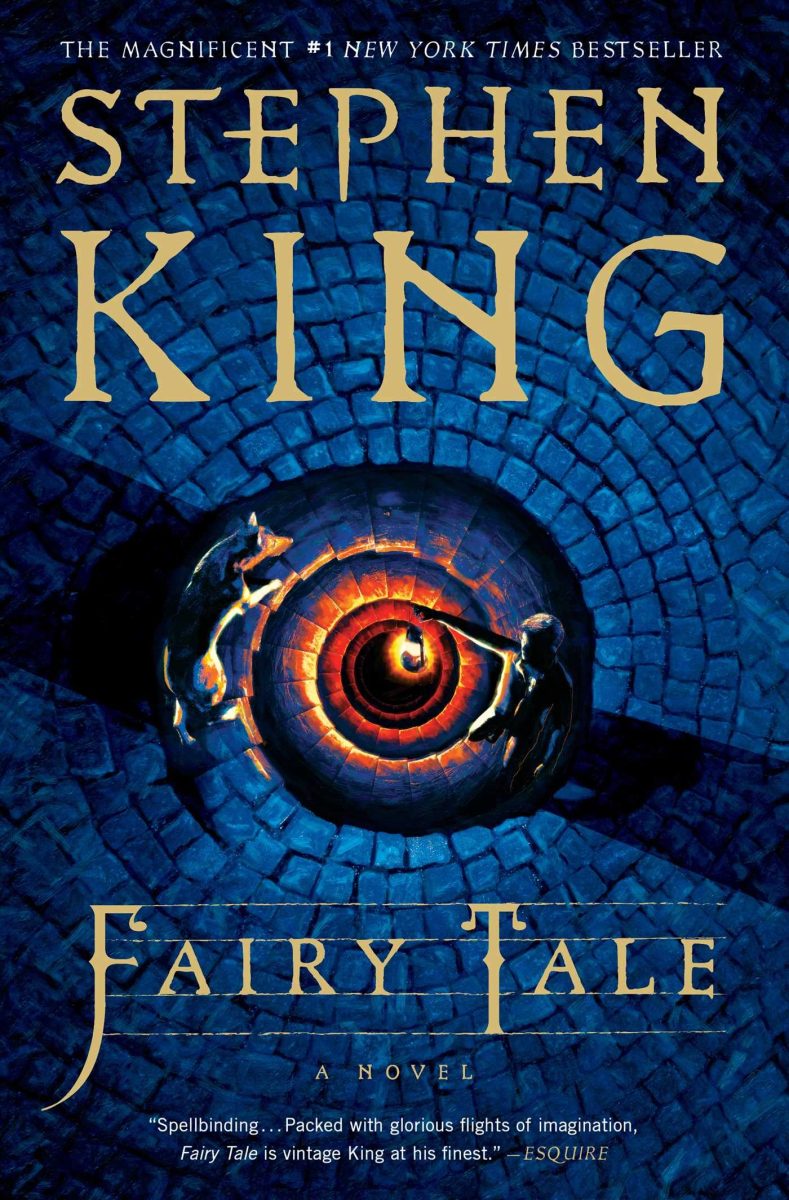
I just finished reading this book and think that the main character, Charlie Raede, and his loveable dog, Radar, are the perfect coming-of-age duo that everyone expects from King’s novels. With a spellbinding and dark twist on the fairy tales we all grew up with, Fairy Tale’s fantastical scenery and enchanting characters would glow on the big screen.
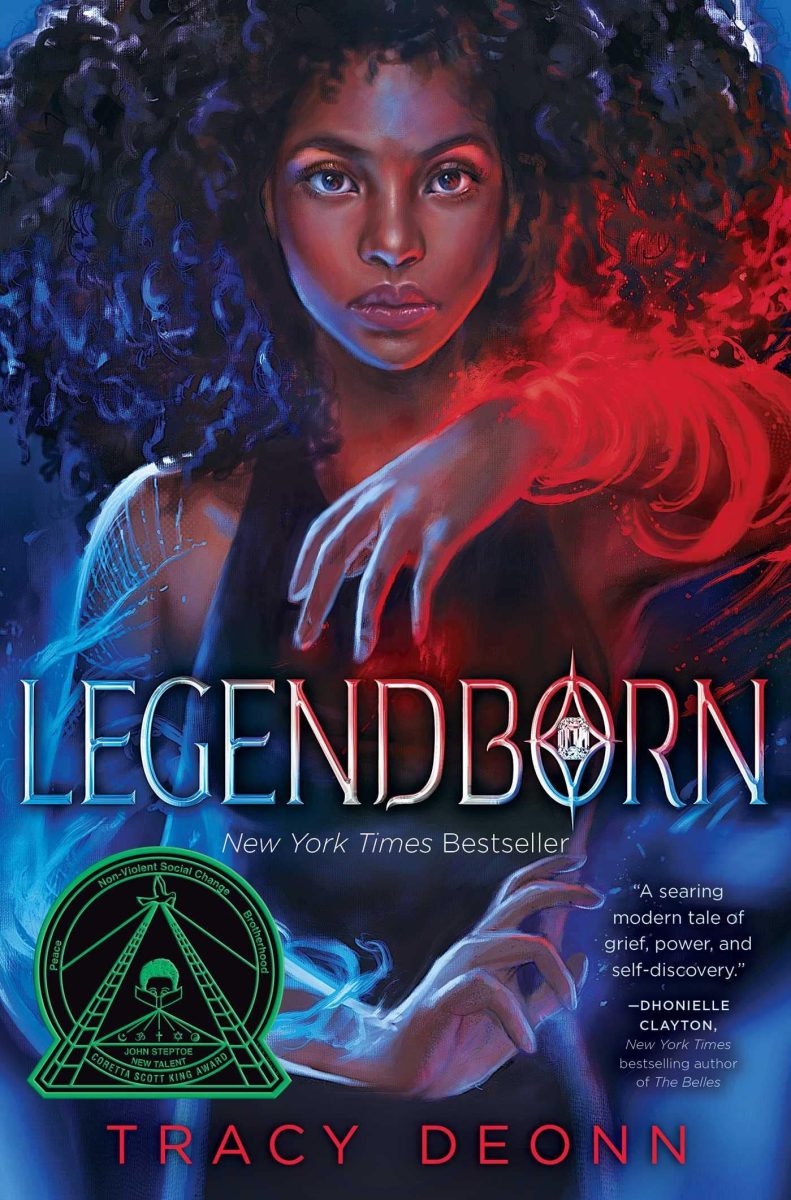
As a UNC student, I can’t help but be drawn to books that are set there, and Legendborn is no exception. A UNC alumnus herself, Deonn uses both the lore and layout of the campus in a way that grabs readers’ attention and refuses to let go. If you love Authurian legend and magic, I think that you can agree this modern-day twist on a well-loved classic would make an amazing TV series.
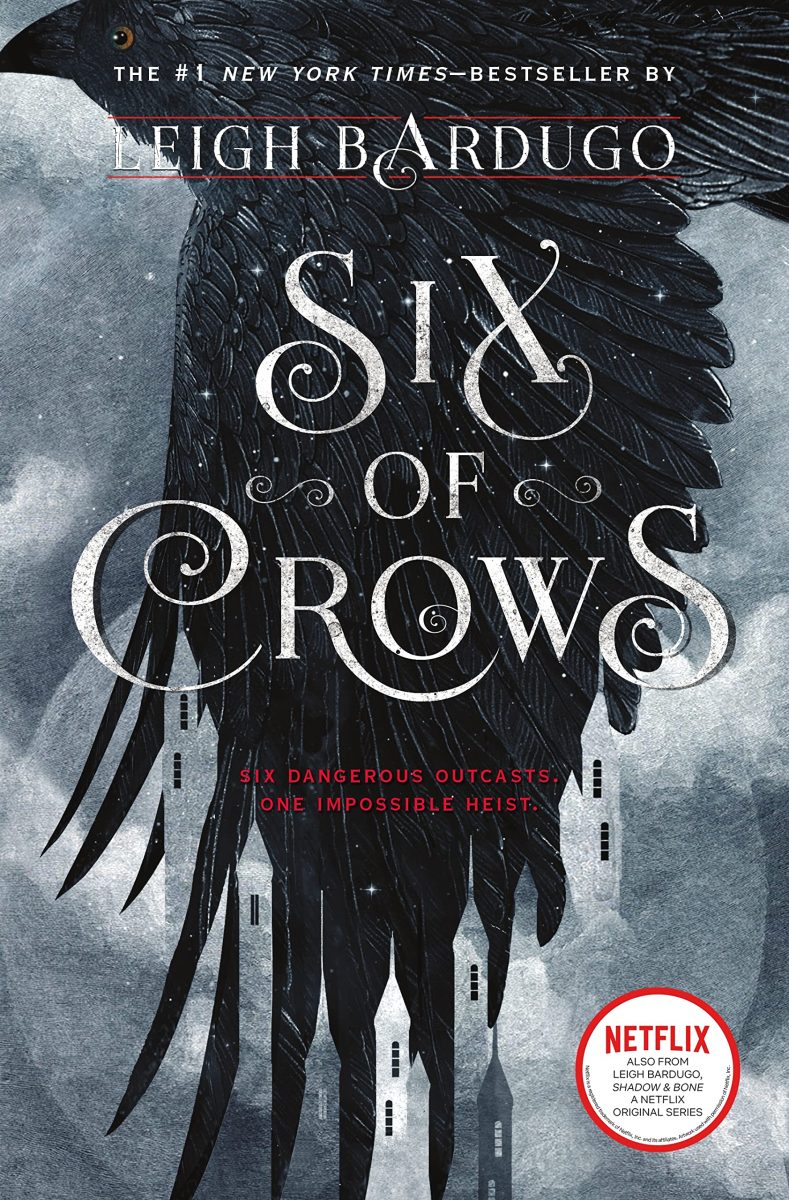
Now, I know, this book technically already has a TV show based on it. Don’t get me wrong, Shadow and Bone is an amazing series (I have personally binge-watched all of it). But, I think that the Crows deserve their own TV show! With two books— Six of Crows and Crooked Kingdom— to work with, I think that there is plenty of material for at least two seasons of a TV series.
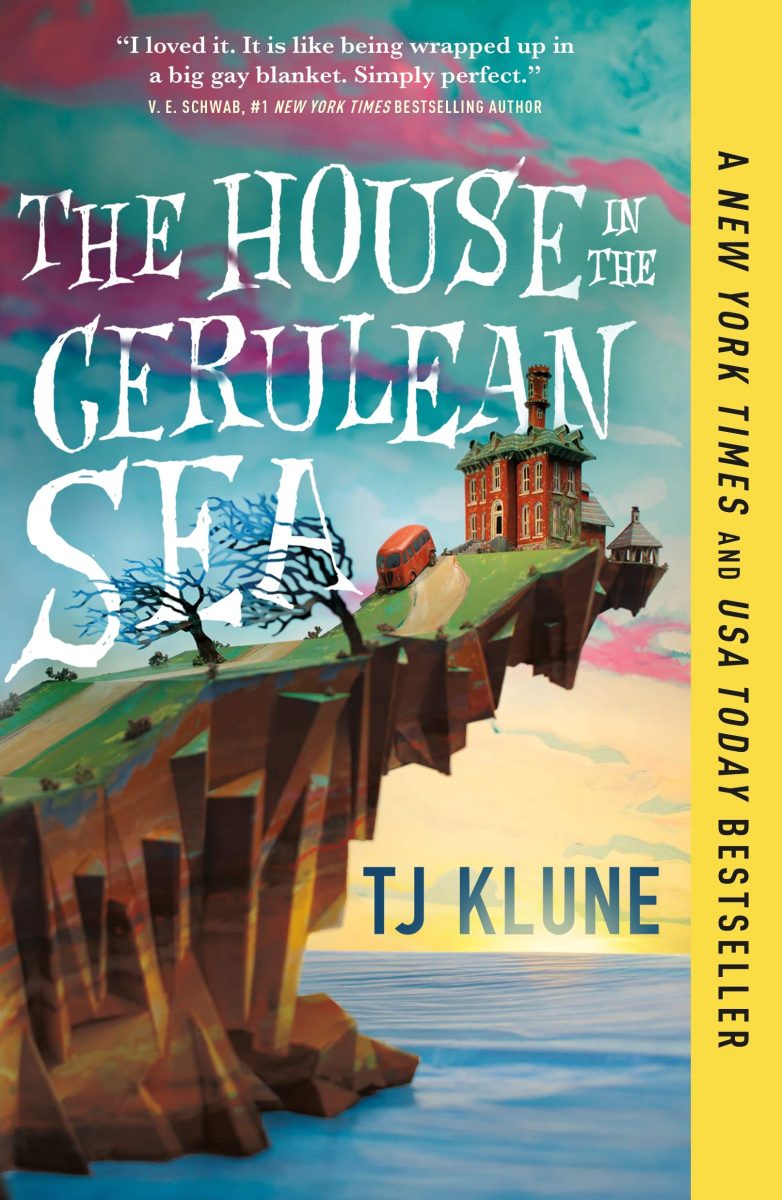
The House in the Cerulean Sea by TJ Klune
A friend gave me a copy of this book back in December, and it quickly became one of my favorites. With a charming cast of side characters and an adorable love story, this book is fuzzy all the way around. My personal favorite character is a young boy named Lucy (short for Lucifer, of course). If this ever gets turned into a movie (fingers crossed), I will be first in line at the theater.
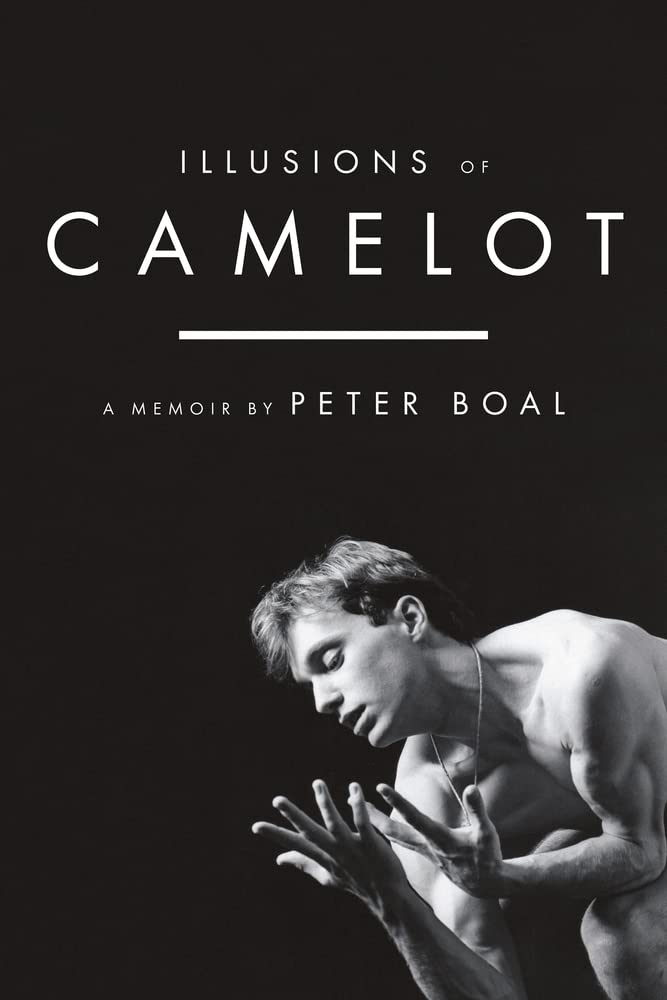
Illusions of Camelot by Peter Boal
I must admit, I am always a sucker for a movie about ballet, and I know that this book would make an amazing one. Boal’s journey from Bedford, New York to principal dancer for the New York City Ballet is the exact type of coming-of-age memoir that would shine on the big screen. By exploring topics such as sexuality, alcoholism, morality, and race, Boal doesn’t shy away from the hard parts of life.
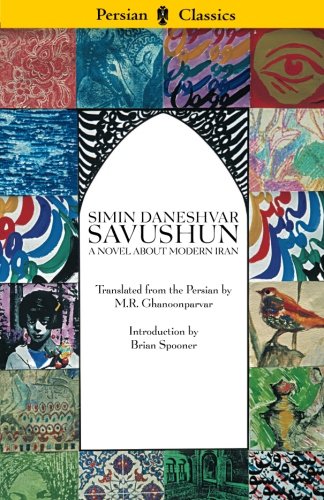
This book is, in my opinion, a quintessential piece of Persian literature. Set in Iran during World War II, Daneshvar captures the day-to-day life of a young mother trying to protect her family. With a scalding critique on the occupation of Iran, this book combines history, folk tradition, and feminism in a way that demands for readers to pay attention. Additionally, the ending of this book is one of the best I have ever read.
If you haven’t read these books yet, I highly recommend it. You never know, they may be the next big thing.
Until next time,
DumBEAUledore



